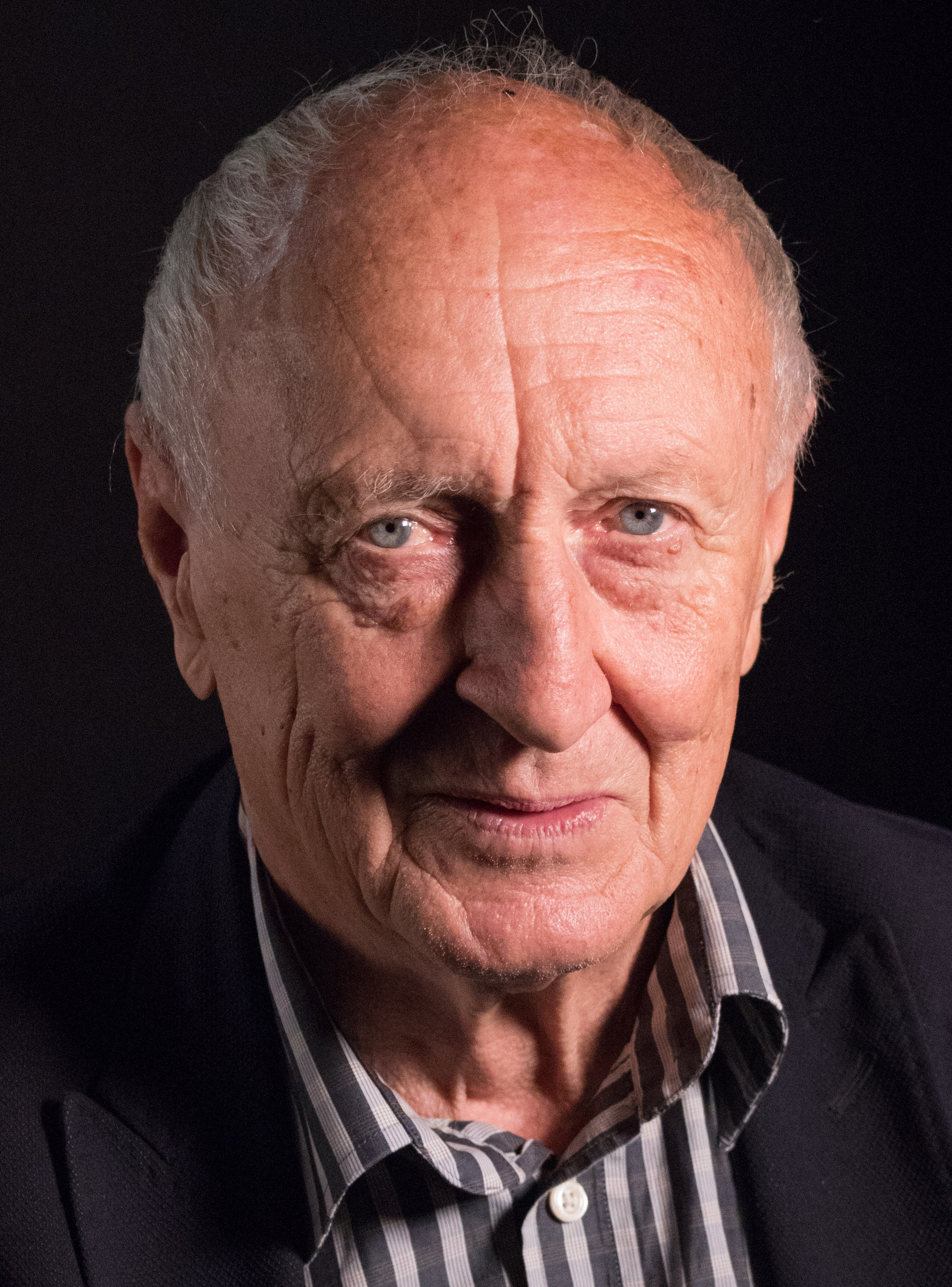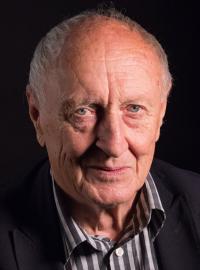Once you stain your hands with printer’s ink, you never wash it off

Download image
Vladislav Najbrt was born on 10 August 1936 in Kolín as the fourth son of a joiner. He experienced the war in Kolín, he witnessed the bombing of the city and the arrival of Russian soldiers. After February 1948 the Communists confiscated his father’s joinery, and Vladislav - the son of a capitalist - was barred from studying. He was accepted as an apprentice typesetter in the Kolín printing shop, where he learnt several printing techniques and also began drawing and engraving. He completed his training in 1954 at the Vocational School of Polygraphy in Liberec. He was then employed at the Central Bohemian Printing Shop in Prague, where they recommended him for studies of polygraphy at Guttenberg School of Letterpress Printing in Leipzig, which he completed in 1962 to earn the title of Engineer. In 1963 he managed to travel abroad to visit printing shops in London, where he could observe state-of-the-art technology. He worked at Polygrafia and then at the publishing house Naše vojsko (Our Army), where he designed a modern printing machine. After the invasion of Warsaw Pact forces he was pressured by the Communists and State Security. During normalisation he worked as a freelance graphic designer and was then employed by Academia, a publisher of more scholarly books. In the 1990s he renewed publication of the expert journal Typografia, which he headed until its demise in 2015. He and his wife Věra, a teacher, have two sons, Aleš and Mark, who have made successful careers in artistic professions.

